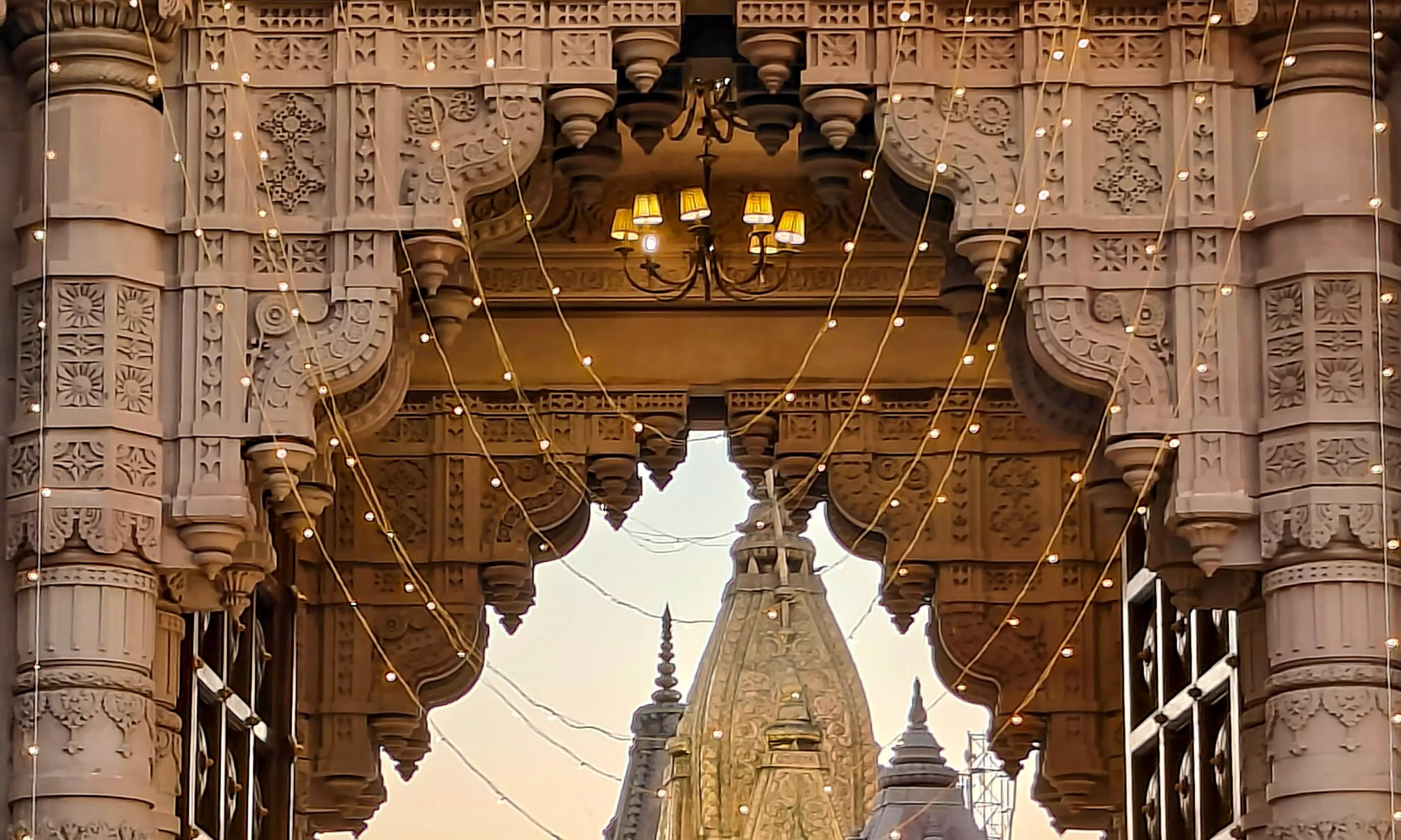
Important tips if you are fasting on Mahashivratri
People usually plunge into fasting without much thought and whether their body can handle it or not. Here are some tips to fast carefully this Mahashivrati

Mahashivratri, the great night of Shiva, is being celebrated on March 8 this year. It holds deep value and significance for Hindus, who consider it the day Lord Shiva married goddess Parvathi. For some it is the day that Shiva conquered his enemies, for ascetics it is a day to go deeper into their spiritual quest.
It is also a day when devotees chant the Om Namo Shivaya mantra and try to cleanse their body, mind and soul.
On Mahashivrati, devotees fast to help overcome ignorance, attain self-realisation and salvation from the chakra of birth and death. People usually plunge into fasting without much thought and whether their body can handle it or not.
Here are some tips to fast carefully this Mahashivrati:
Be mentally prepared
Firstly, one has to get mentally prepared to fast for the entire day and night. It’s all in the mind as they say. Also, since this is for a sacred cause, you need to stay calm and peaceful to ensure your day passes by smoothly. You need to prepare for the fast as well by consuming a light meal the day before. This helps ease your body into the change.
Choose right level of fasting
Choose a level of fasting that suits your health and capabilities. There’s no pressure to observe a complete fast, without taking any kind of food, if it’s not suitable for you. People with diabetes or low blood pressure may have to balance food intake to ensure they don’t suffer any adverse effects.
Eat light food items
One should consume light food items if you cannot go without eating a morsel the entire day. Fruits and dry fruits are generally allowed during Shivratri fast, so you can consume fresh fruit juice whenever you want and eat some fruit or the other
Hydrate
This is very important. Stay hydrated throughout the day, even if you’re not feeling thirsty. Drink plenty of water, coconut water, or herbal teas. Mild dehydration can result in fatigue, dry mouth, thirst, and headaches, so it’s vital to drink enough fluid on a fast. Eight glasses of water need to be consumed to wash away toxins and waste. If you are fasting on water alone, increase the amount of water to match your body’s requirements. This will also help you stay energised
Keep busy
One way to avoid ending up breaking your fast is to keep busy.
Be engaged in some activity that distracts you from hunger but at the same time which does not use up too much of your energy like meditating and walking. Or, you could read a book or listen to an inspiring podcast. Listen to some spiritual music to keep your mind calm. Engage in devotional activities like chanting, meditation, or reading scriptures. These practices encourage inward reflection and connect you to the divine.
Don’t do any strenuous exercises
Avoid any type of intensive work out while fasting. If you are fasting, it is best to keep any exercise to low intensity.
What to eat during the fast?
- Fruits like bananas, apples, oranges, etc.
- Nuts and seeds like almonds, cashews, pistachios, etc.
- Sabudana (tapioca pearls): Can be had in the form of a khichdi or kheer
Break the fast gradually
Break the fast gradually with easily digestible foods. Opt for fruits, nuts, or light vegetarian meals. Start with small portions and avoid heavy meals. Listen to your body’s signals and break the fast if you feel unwell.
Who should not ideally fast?
People with medical conditions like heart disease or type 2 diabetes
Pregnant women, or mother who are breastfeeding
Underweight people
People with eating disorders
People who have problems with blood sugar regulation
People with low blood pressure
Older adults and adolescents

